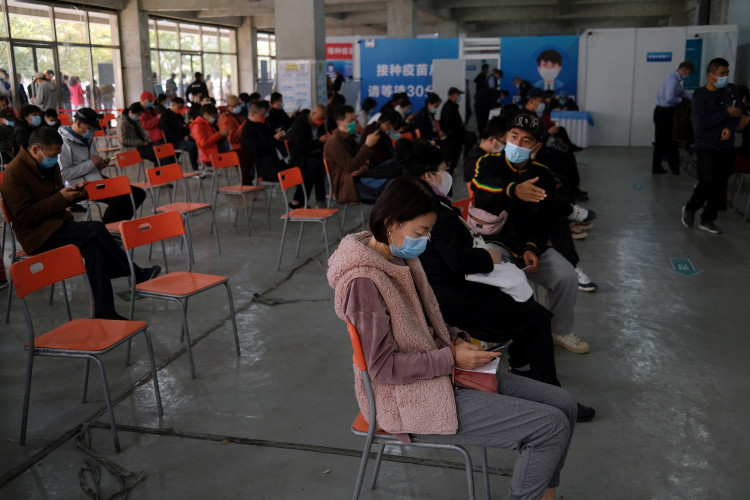Shanghai, China's financial capital, presented additional post-lockdown plans on Friday as it advances toward a return to normalcy. However, a nationwide economic recovery is still a ways off, intensifying the sense of urgency for additional support.
The lockdown enforced in early April has harmed the largest metropolis in China by economic production. Other cities not under lockdown but nonetheless constrained by virus restrictions, such as Beijing, have also struggled, with the highly contagious Omicron triggering greater responses from health officials this year.
As a result of the government's refusal to relax its zero-tolerance policy on COVID-19, companies and enterprises have been affected by lockdowns, endless mass testing, and mobility restrictions on broad portions of the populace.
On June 1, Shanghai will finally be released from quarantine, as the number of new infections has dramatically declined. The 25-million-populated megacity has been carefully permitting more of its citizens to walk outside and reintroducing more vehicles to its once-bustling streets.
Officials in the city announced on Thursday that junior and senior high school pupils might return to offline lessons on June 6, following news earlier in the week that shopping malls and department stores will be permitted to reopen in batches on June 1.
Premier Li Keqiang delivered a bleak assessment of the world's second-largest economy on Wednesday as the focus shifted to recovery, stating that the challenges it faces are far bigger than in 2020, when China was first hit by the COVID-19 outbreak.
Numerous private-sector experts anticipate the gross domestic product will decrease in April-June compared to the first quarter's 4.8% expansion.
China would strive for "moderate" GDP growth in the second quarter, Li told government personnel in a nationwide online conference.
"The extraordinary meeting concludes a series of increasingly urgent public announcements in recent days aimed at resolving the economic disruption caused by the surge of COVID-19 lockdowns," research firm Gavekal Dragonomics stated Friday.
The intense focus at the highest level on stabilizing economy paves the way for the deployment of more strong stimulus measures in the coming weeks.
Social media sharing of official television news on Li's teleconference was occasionally prohibited on China's highly censored internet, highlighting the contradiction between economic and epidemic policies and the sensitivity surrounding their debate.
Some online groups on China's famous WeChat mobile app restricted the posting of unconfirmed audio or written transcripts from the conference, as well as discussion of the event, for fear of account suspension.





